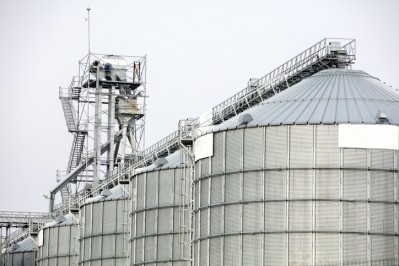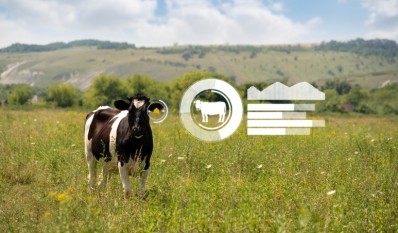New guide to help companies achieve greater feed sustainability

The free guide was developed by non-profit organization, The Sustainability Consortium (TSC) alongside a group of stakeholders that included BASF, Greenfield Solutions, US National Pork Board, The Nature Conservancy, Pipestone Systems, Syngenta, the American Feed Industry Association (AFIA), Sustainable Food Lab, and others.
The TSC said the scope of its Resource Guide on Sustainable Animal Feed is to centralize relevant resources and information related to feed sustainability globally – with a focus on the US.
Since August 2019, the organization has been conducting discussion groups with stakeholders to explore and share resources on feed sustainability. “The information gathered through this discussion group provided initial material for TSC to develop this guide.”
It is organized into five chapters: leading organizations engaged in feed sustainability efforts, useful tools, reports and case study spotlights, research, and companies’ feed sustainability initiatives.
“It will be updated and expanded as new resources become available.”
“The National Pork Board is committed to greater transparency about our industry’s efforts regarding environmental sustainability and our journey of continuous improvement,” said Dr Brett Kaysen, vice president or sustainability at the US National Pork Board. “This means making information, resources and tools available to those who buy pork to sell pork, and help them better understand the animal feed supply chain. We’re proud to work with TSC and the other stakeholders to produce this valuable guide.”
As the demand for animal protein increases, so does the demand for animal feed. In this context, the issue of feed sustainability has risen substantially on the corporate agenda in recent years and remains one of the biggest challenges for the industry, said the TSC.
“Despite the complex environmental, social, and economic issues that still need to be addressed in the feed industry, every company along the value chain has the potential to make a significant contribution towards feed sustainability,” said the non-profit.
It noted that, recently, companies’ feed sustainability efforts have expanded from sustainable grain crop production initiatives to projects focused on reducing the demand for feed through feed eco-efficiency and novel feed ingredients.
“As commitments to regenerative agriculture increase across consumer goods companies and retailers the heightened focus on a systems approach to feed as part of both the animal system and the environmental system is expected. This holistic approach will broaden the emphasis from fostering sustainable production of feed ingredients to enhancing the overall sustainability of the animal and environmental system including feed,” it added.
The guide can be accessed here.








